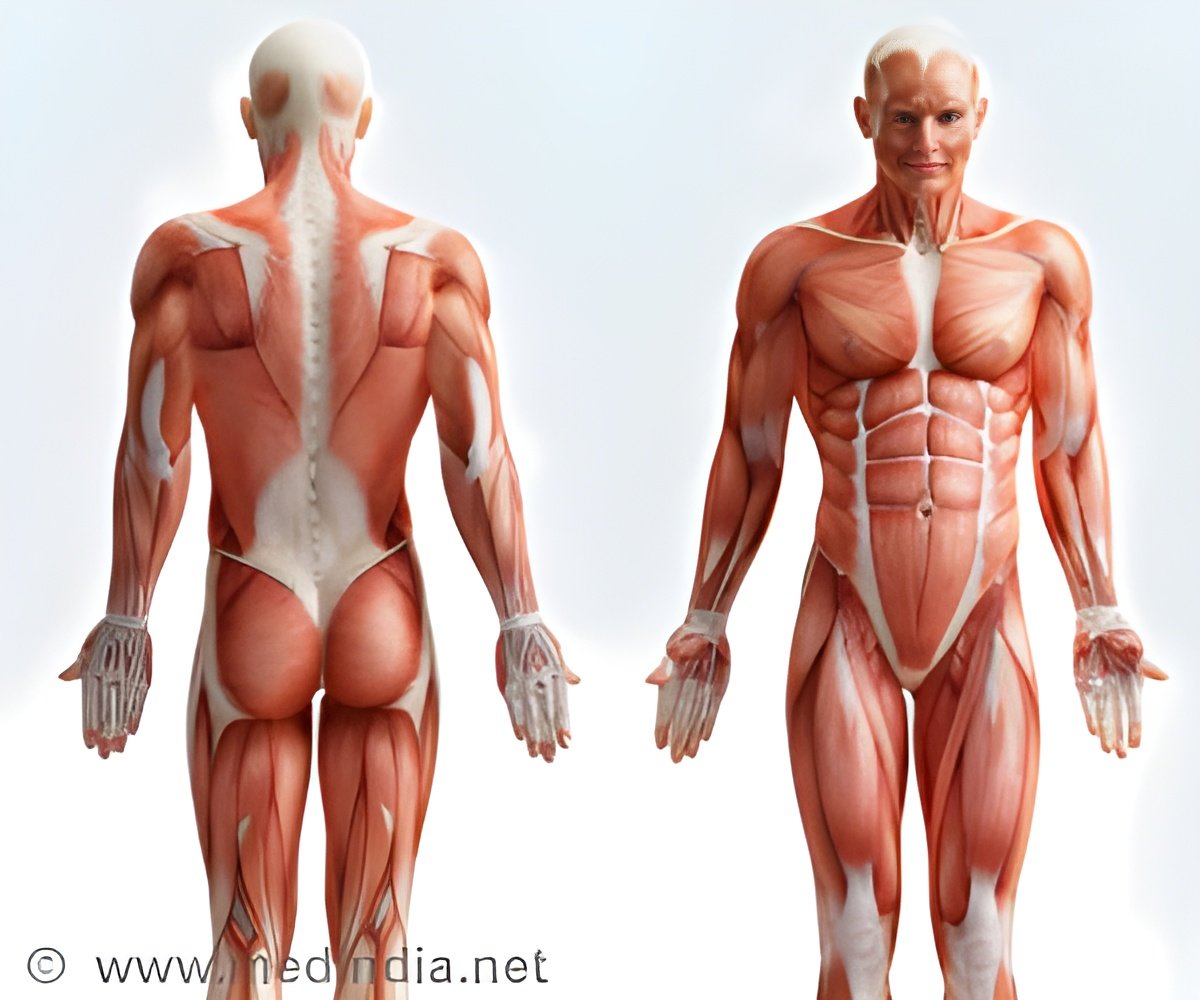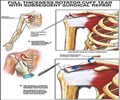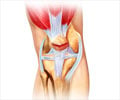Defects in integrins, the proteins in muscles that integrate the outside to the inside of the cell leads to defective muscle healing, mostly in the elderly.

‘Aged muscle stem cells with compromised b1-integrin activity and muscles with insufficient amount of fibronectin are the root causes of muscle aging.’





When muscle fibers are damaged, they activate and proliferate. Most of the new cells go on to make new muscle fibers and restore muscle function. Some return to dormancy, which allows the muscle to keep repairing itself over and over again. Rozo, the lead author, determined that the function of integrins (or, more specifically, the protein called β1-integrin) is absolutely crucial for maintaining the cycle of hibernation, activation, proliferation, and then return to hibernation, in muscle stem cells. Integrins are proteins that 'integrate' the outside to the inside of the cell, providing a connection to the immediate external environment, and without them, almost every stage of the regenerative process is disrupted.
The team theorized that defects in β1-integrin likely contribute to phenomena like aging, which is associated with reduced muscle stem cell function and decreased quantities of muscle stem cells. This means that healing after injury or surgery is very slow, which can cause a long period of immobility and an accompanying loss of muscle mass.
"Inefficient muscular healing in the elderly is a significant clinical problem and therapeutic approaches are much needed, especially given the aging population-and I am including myself in this population," Fan explained. "Finding a way to target muscle stem cells could greatly improve muscle renewal in older individuals."
Rozo and Li determined that the function of β1-integrin is diminished in aged muscle stem cells. Furthermore, when they artificially activated integrin in mice with aged muscles, their regenerative abilities were restored to youthful levels.
Advertisement
Advertisement










